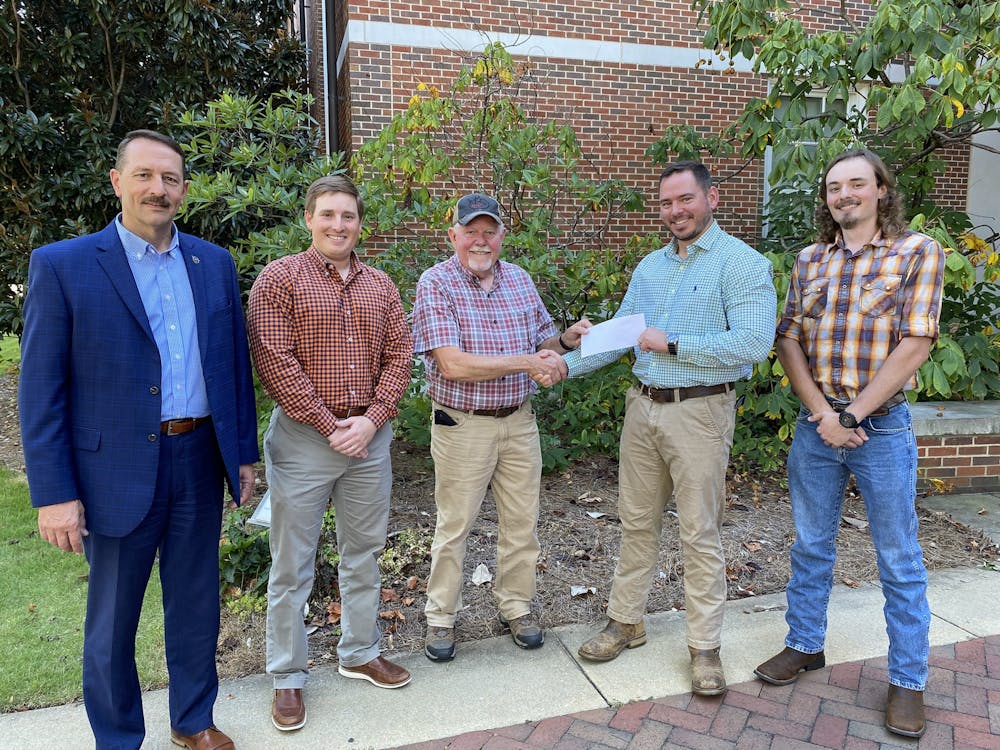AUBURN, Ala. (EETV) - Will Gulsby, associate professor of wildlife management in Auburn University's School of Forestry and Wildlife Sciences, is researching the declining turkey population with the aim to reverse this pattern.
Gulsby's research is funded by the Alabama Wildlife Federation and Turkeys for Tomorrow, a Mississippi-based conservation nonprofit organization that began operating earlier this year.
“Wild turkey hunting has important economic and cultural benefits to Alabama and beyond,” Gulsby said. “The economic impact of hunting, fishing and wildlife-watching in Alabama totals $3.88 billion per year, and wild turkeys are one of the most sought-after game species in the state.”
For his research, Gulsby is gathering data from public and private lands using autonomous recording units across the statewide region covered in the study. To analyze the data, researchers will use an artificial intelligence known as a convolutional neural network, developed by Michael Chamberlain of the University of Georgia's Warnell School of Forestry and Natural Resources.
The team, pictured above, will focus primarily on defining the characteristics of areas with low turkey numbers and determining the timing of turkey gobbling across the state and how it is influenced by hunting pressure.
“Gobbling plays a role in mate attraction, so knowing when birds are gobbling can be used to determine the timing of reproductive activity,” Gulsby said.
Two more objectives the team is following are determining the proportion of male turkeys capable of fertilizing eggs and fitting hens with tracking devices that monitor when they nest, as well as success rates of nesting.
Tim Gothard, Alabama Wildlife Federation executive director, said the organization is eager to support the research.
“We were impressed with Dr. Gulsby’s thoughtful assessment of research opportunities that would help expand available information and further inform landowner and land manager decisions on how best to manage for wild turkeys,” Gothard said. “The information gained through this research will further broaden the available information that landowners and land managers can utilize when making decisions about proper management and harvest of wild turkeys in Alabama and beyond.”
“Dr. Gulsby’s unique, wide-ranging research will yield valuable insights into the reasons the turkey population has been in decline and, most significantly, lead to steps that can be taken to reverse that trend, benefiting conservationists, hunters and the state in general,” said Dean Janaki Alavalapati of the School of Forestry and Wildlife Sciences. “His work is an example of how our faculty’s state-of-the-art research provides real-world solutions.”







